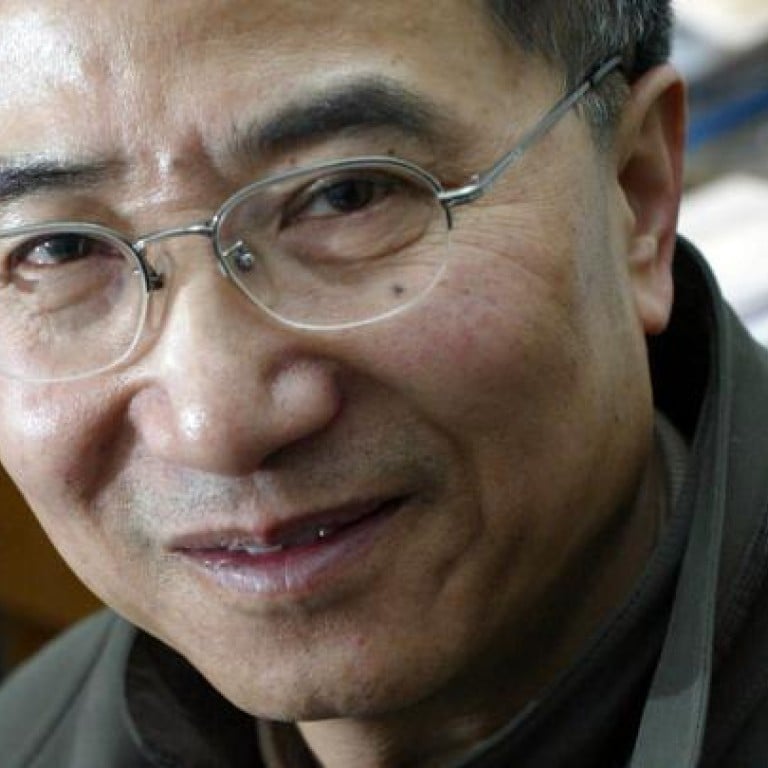
Article 23 law is an obligation, says China expert
Hongkongers reminded of duty to pass national security legislation in fight for the right to vote
Hongkongers should not ignore their obligation to enact national security legislation even as they fight for universal suffrage, a leading mainland expert on the Basic Law says.
Rao Geping, a member of the Basic Law Committee, told the on Monday that passing the national security law required under Article 23 of Hong Kong's Basic Law - and pursuing universal suffrage in a "comprehensive manner" - were more crucial than technical issues such as the nomination threshold for chief executive candidates in 2017.
Rao was speaking amid heated debate on universal suffrage. Some democracy activists, impatient at the city government's lack of consultation on introducing universal suffrage in 2017, are planning an Occupy Central movement in protest.
Hongkongers, he said, should "fully and accurately implement" the Basic Law, rather than doing so in a selective manner.
Stressing that it was his personal opinion, Rao said Hongkongers should not simply enjoy their rights while disregarding their obligations.
"Enacting legislation to implement Article 23 is an obligation stipulated in the Basic Law," he said.
"Yet nearly 16 years since the handover, the legislation has yet to be enacted. You can't choose Basic Law clauses you like while ignoring others you dislike."
Yet nearly 16 years since the handover, the legislation has yet to be enacted. You can't choose Basic Law clauses you like while ignoring others you dislike
Rao said proposals like the Occupy Central movement were irrational and irresponsible.
In 2003, the city's government shelved the proposed national security laws after more than 500,000 people joined the historic July 1 march against them.
Rao, who is also deputy director of the Institute of Hong Kong and Macau Affairs and a law professor at Peking University, said many mainlanders believed it would set a bad precedent if Beijing allowed Hong Kong to introduce universal suffrage without passing the national security law under Article 23.
"It would undermine the authority of the central government and the Basic Law," he said.
Rao said the process of achieving universal suffrage would be smoother if the problem surrounding national security legislation could be resolved earlier.
Enacting the legislation would involve some difficulties, he acknowledged, but those should not be used as an excuse to turn a blind eye to the issue.

